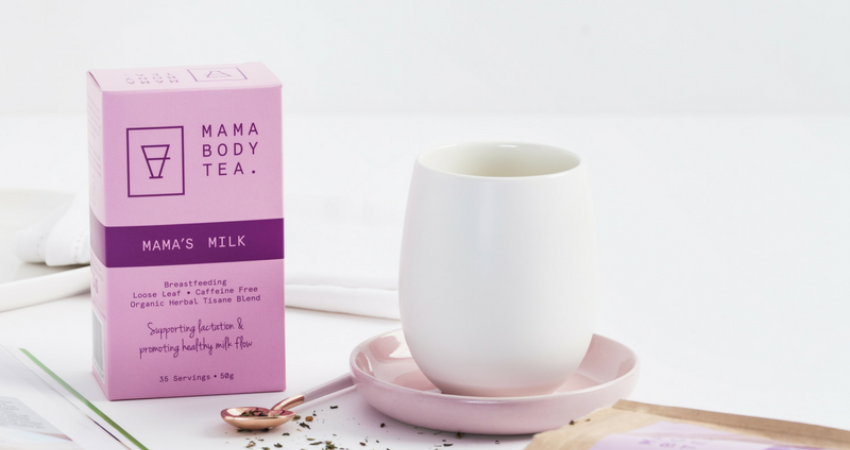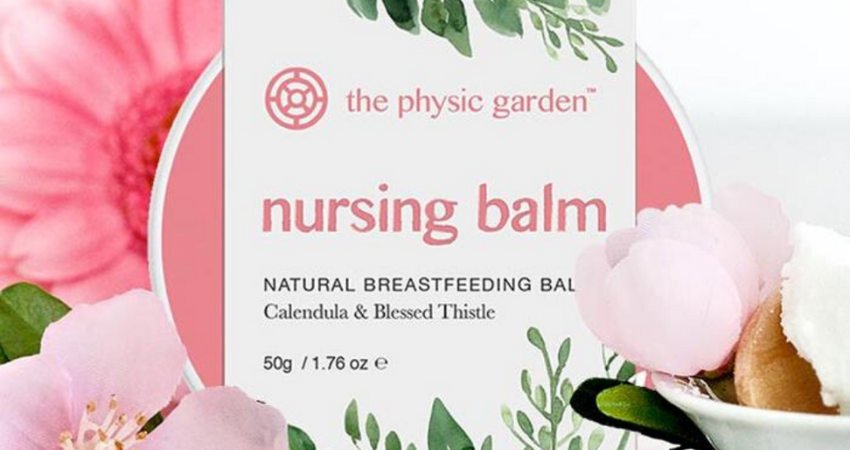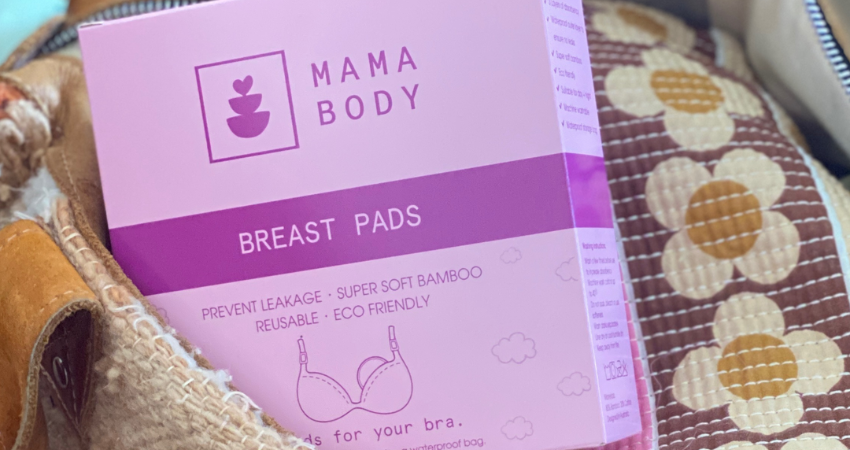As a busy mom-to-be, you have a lot on your plate. One of the many things that can be overwhelming is keeping track of all the different dietary requirements during pregnancy and breastfeeding, as well as products to consider to prevent morning sickness, support lactation, minimise stretch marks and so on.
Morning sickness is common in the early stages of pregnancy, usually ceasing after the first 3 months. Despite its name, morning sickness can occur at any time of the day. Thankfully, there are things to help with morning sickness, with many natural remedies for nausea during pregnancy.
Morning sickness is a type of nausea that women often experience during pregnancy, starting around week 5-6. While it can last up to three months, most women suffer from it for only a few weeks. Morning sickness is caused by the hormone hCG (human chorionic gonadotropin) and triggers an increase in your body’s production of estrogen and progesterone which can affect your digestive system.
It can be mild or severe and affects each woman differently. Some common symptoms include:

What helps morning sickness?
Everyone is different and something that works for one person may be terrible for another. First and foremost, be guided by your nose. Often strong smells can ignite nausea in pregnancy, and often it can be something you loved pre-pregnancy. If something doesn't appeal to you to aroma wise, stay away. If your once loved green smoothie is suddenly off putting, don't consume it.
Morning sickness teas are helpful in soothing an upset stomach and giving morning sickness relief. Ginger, peppermint, and chamomile can be helpful to sip throughout the day to ease pregnancy sickness. Even better than ginger tea bags is fresh ginger infused in boiling water. Simply grate fresh ginger and infuse for 10-15 minutes for a therapeutic anti nausea remedy. You can also cut off a knob of ginger and hold it under the tongue like a lozenge. Ginger candies can be an easy go to if you are out, as many are available in individual packed candies. If fresh ginger is not your thing, essential oils of lavender, mandarin, spearmint, peppermint, ginger and lemon myrtle can also assist with morning sickness symptoms. Lavender essential oil has a soothing and calming effect on the nerves, relieving tension, depression, panic, and nervous exhaustion, balancing the central nervous system, while mandarin essential oil has been known to have a refreshing and uplifting scent and qualities.
Dry, plain crackers are also great to keep on hand for combating morning sickness during pregnancy. Keeping some on your nightstand to consume upon waking can be very helpful particularly if you wake to feel nauseous. If you're extra organised, keep a packet in your handbag in case of sudden onset symptoms.
Breastfeeding is a personal choice. Some mothers decide they’re ready to nurse their newborns, while others prefer to wait until their babies are older or have more teeth. If you're considering breastfeeding, it's important to know that the benefits of breastfeeding extend far beyond simply feeding your baby. Breastfeeding can help you feel closer to your child and may make for an easier transition into parenthood.
While there’s no right answer about when or whether you should breastfeed, there are some things you should consider before making your decision:

While you are breastfeeding, it's important to keep an eye on your baby's weight gain. If your child is not gaining weight, or if their growth slows down and then stops, this could be a sign that breastfeeding is not working for them. When you see a good increase in your baby's weight over time and they seem satisfied after feeding, that is another sign that breastfeeding is working well for them.
Breastfeeding tea, also known as lactation tea can be helpful for both increasing milk flow and providing calming nervous system support for mum. Fenugreek is a herb which can help to stimulate lactation in nursing mothers. Drinking fenugreek tea can assist in providing sufficient breast milk for your little one. Some breastfeeding teas will also include herbs such as lavender and chamomile. Along with assisting in calming support for the mother, these herbs can assist with sleep in the infant, as small amounts will be present in the breastmilk.
While breastfeeding provides nourishment and immune building substances for the baby, the leaking of milk through the nipples while feeding can be tiresome. Thankfully, breastfeeding pads exist. Breast pads are absorbent liners that are inserted between the breast and the bra to catch any excess milk. To minimise waste, you can purchase now washable and reusable breast pads.
The Physic Garden Nursing Balm helps to ease the discomfort of sore, cracked, and inflamed nipples - one of the most common breastfeeding challenges. This soothing nipple balm combines traditional herbs and oils used by breastfeeding moms for generations to moisturise dry, cracked nipples.
Another thing to consider is a breast pump. While there are so many different breast pump on the market, Mama Body breast pump is hands free and attaches with suction, so you can attach it and then leave it on. The pump will do all the work for you! The pump and milk stopper are made with food grade silicone, BPA free, dishwasher and steriliser safe. You can store over 110 ml of breast milk in this stylish and comfortable breast pump. This is perfect for expressing milk on the go and the pump is lightweight and small enough to fit your hand bag.
Stretch marks are caused when the skin grows faster than it can stretch. Hormones made during pregnancy cause the rapid growth, but anything that causes weight gain can result in stretch marks. This includes:
There are a number of things you can do to reduce the risk of stretch marks:

If you’re looking to treat your stretch marks, here are some of the best products currently on the market.
The good news is that stretch marks are essentially scars, and can sometimes fade over time. The bad news: They're never going to disappear completely. Stretch marks occur when the skin stretches too far (for example, during pregnancy) or splits as your body grows (like after puberty), leaving behind a permanent mark on your skin. While they're not exactly something you want to get rid of, they aren't necessarily unsightly - and many people feel more confident with them than without.
One option for treating stretch marks is topicals like creams and oils that contain vitamin E or retinol (a derivative of vitamin A). These products help encourage collagen production in the skin, which can reduce redness and improve texture over time.
Another treatment option is laser therapy - the same type used for facial rejuvenation or hair removal - but since this involves damaging healthy cells as well as damaged ones, it's best left until after labour unless absolutely necessary (for instance if you have an infection).
Preventing stretch marks during pregnancy
The best way to prevent stretch marks during pregnancy is to be diligent in moisturising the skin daily. The more supple the skin, the easier it will able to stretch with the pregnancy, and then return post delivery. Using a belly balm is the best stretch mark prevention. Nourishing oils such as jojoba and rosehip together with anti oxidant vitamin E oil can not only prevent pregnancy stretch marks, can also help to fade the appearance of stretch marks. I find that oils are better used at night, allowing the skin to fully absorb it. During your morning routine and on the go, it might be easier to simply use stretch mark cream as they are less oily and won't stain your clothes. We highly recommend Noosa Basics Shea Butter Ultra Rich Cream, made with rosehip oil, jojoba oil and shea butter. It is particularly important to use natural and organic body care products on your belly, avoiding harmful chemicals during this precious time of your life.
You've probably heard that you need to take vitamins during pregnancy. But there are a lot of myths out there about what types of vitamins, how much and when to take them. Some women feel like they have to eat their veggies, but are wary about taking vitamin supplements because they think it could cause birth defects or that too many can be harmful.
However, taking a prenatal vitamin every day is one of the most important things you can do for yourself during your pregnancy - and after! Prenatal vitamins provide essential folic acid (folate) for preventing neural tube defects such as spina bifida in your baby. They also provide other nutrients required by growing babies like calcium and iron.
I hope you learned a lot about how to keep your body healthy, beautiful and nourished throughout pregnancy and beyond. At Sassy Organics, you will find the best quality pregnancy and breastfeeding essentials, made with purest natural and organic ingredients.
RECOMMENDED PRODUCTS